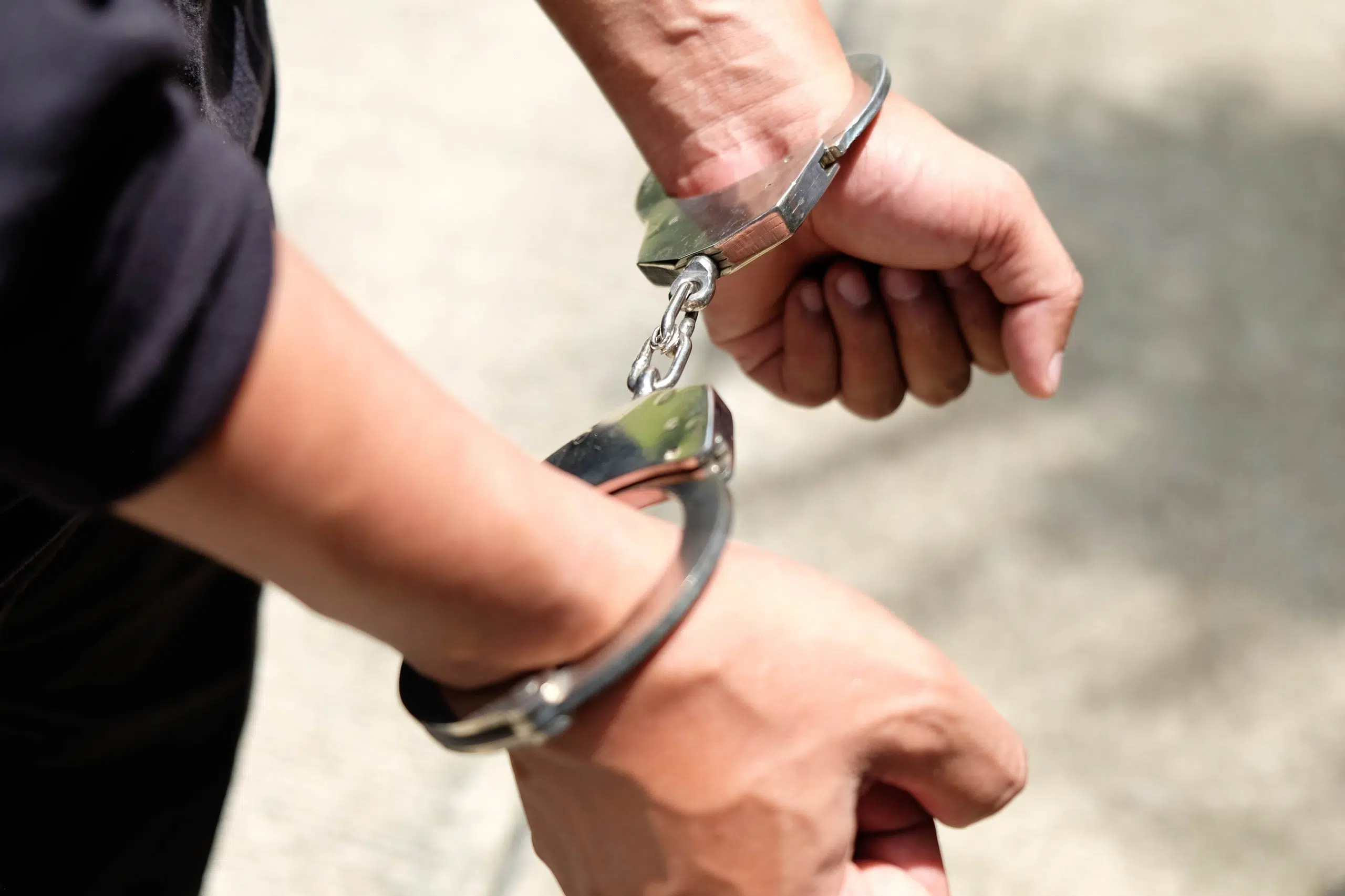
CHARBONNEAU: B.C. denies the mentally ill their constitutional rights
“UNLIKE MOST OF THE COUNTRY, B.C.’s legislation does not provide a lawyer for people with mental illness facing involuntary detention,” says Jay Chalke, B.C.’s ombudsperson. (Globe and Mail, September 2, 2020)
Unlike other Canadian jurisdictions, mentally ill people can be held indefinitely — B.C. does not have an automatic review of ongoing detention.
That means that people, who may or may not be mentally ill, can be held endlessly.
Detention of people under the guise of mental illness can have political overtones. The Soviet Union misused psychiatry to get rid of political opponents. The term “philosophical intoxication,” a pseudo-scientific term for mental disorders, was applied to people who disagreed with the country’s Communist leaders.


